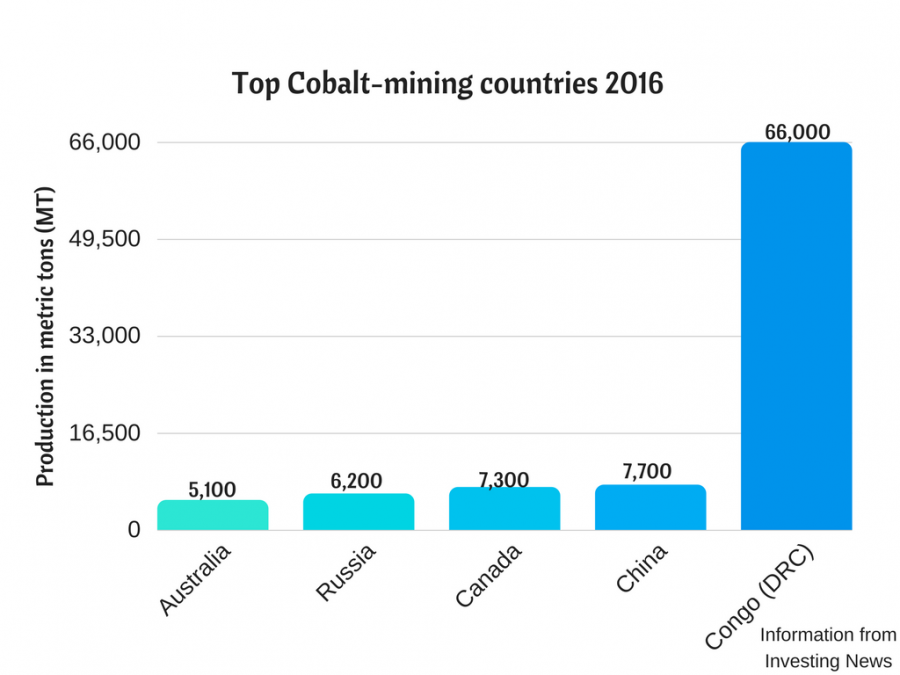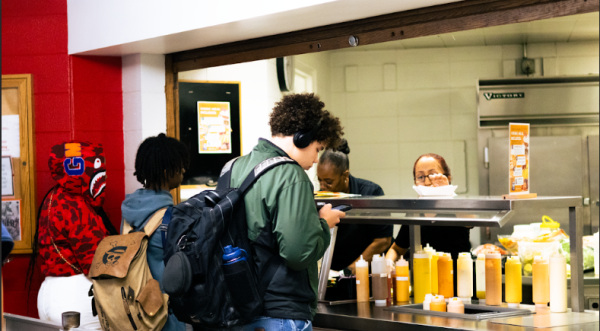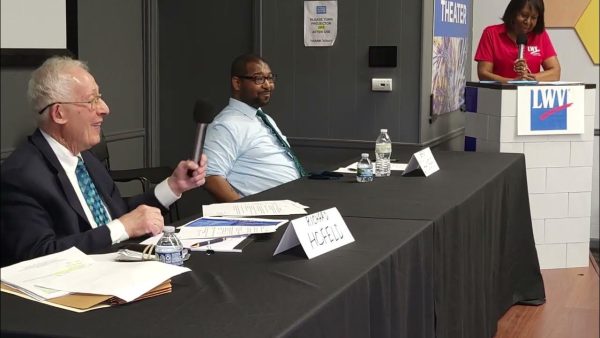What’s behind your phone?
Children forced to work in cobalt mines
According to UNICEF, in 2014, about 40,000 children as young as four-years-old worked in the cobalt mines of the Democratic Republic of the Congo and this number continues to grow.
Cobalt is a metal that is essential to make the batteries in cellphones and electric cars. It is only found in a select number of places, and the Congo is one of them.
The Congo is one of the poorest countries in the world, and many children don’t have a choice about whether or not they work in the mines.
These children don’t regularly have enough food to eat and are threatened with beatings if they do not do their jobs well. In these mines some of them spend up to 24 hours there and pick through mountains of rocks without most of the basic protective equipment and risk permanent lung damage—all so that we can use our phones and electric cars.
Many people do not know where the items that make up the technology we use in our daily lives come from.
Engineering teacher Nathan Beebe said that he was unaware of the child labor practices in the Congo and finds it “appalling and disturbing.”
“Much of the global economy is driven by large corporations that are now worldwide rather than just nationwide and the vast majority of people that can afford such items are getting it at a cheaper cost,” Beebe said. “They don’t really want to think about how the resources are received. In the end it’s out of sight out of mind”
Some of the larger companies that acquire resources like cobalt are major corporations like Apple, Samsung, and Tesla. In the past, Apple has published the names of its cobalt suppliers to show that they don’t use the mineral that comes from the Congo mines.
According to CBS News, both Apple and Tesla claim that they don’t use “unethical cobalt” in their products. Tesla claimed that they only use cobalt mined in North America. However, 60 percent of the world’s cobalt comes from the Congo and half-a-million of Tesla’s Model 3s will require 7,800 tons of it, “more cobalt than is mined in North America in a year.”
Applied Academics Department Chair Kevin Thomas said that third-world countries like the Congo that are extremely depressed will use whatever resource they can to get by, including partaking in the practice of child labor.
“Unfortunately, there’s no governmental structure in many of these areas that disallow this kind of activity [child labor], and sometimes you have families where they need everything they can just to survive,” Thomas said.
Junior Brianna Valentine said she is not surprised by the events taking place in the Congo because the industry holds the importance of business over the children.
“I think it’s horrible,” Valentine said. “Child labor is not something that should be justified no matter if it’s in our phone or car batteries.”
The problems the children that mine cobalt daily in the Congo will not go away anytime soon. With Tesla planning to produce 500,000 electric cars a year starting in 2018, according to the Daily Mail, it looks like the demand for cobalt is only going up. This means that more and more children will be joining this industry in the years to come.
“As long as I have a phone I’m going to feel guilty. Every time I pull it out and check my notifications or drive past electric cars I’m going to feel guilty,” Valentine said.






